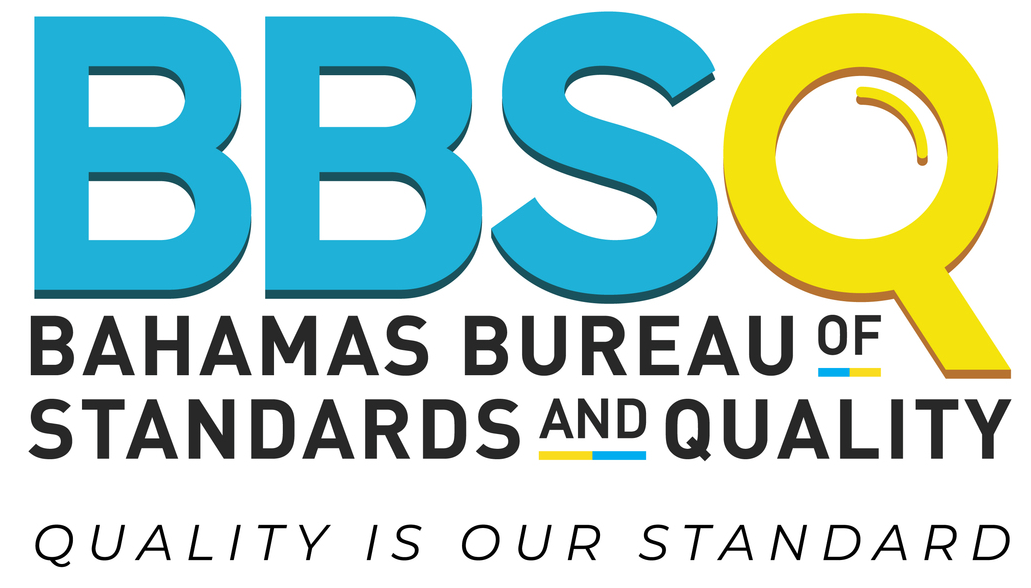This document applies to the testing of surfaces that may become contaminated by radioactive materials.
The ease of decontamination is a property of a surface and an important criterion for selecting surface materials used in the nuclear industry, interim storage or disposal facilities from which contamination can be removed easily and rapidly without damaging the surface. The test described in this document is a rapid laboratory-based method to compare the ease of decontamination of different surface materials.
The results from the test can be one parameter to take into account when selecting surface coatings such as varnish or impervious layers such as ceramics and other surfaces. The radionuclides used in this test are those commonly found in the nuclear industry (137Cs, 134Cs and 60Co) in aqueous form. The test can also be adopted for use with other radionuclides and other chemical forms, depending on the customer requirements, if the solutions are chemically stable and do not corrode the test specimen.
The test does not measure the ease of decontamination of the surface materials in practical use, as this depends on the radionuclide(s) present, their chemical form, the duration of exposure to the contaminant and the environmental conditions amongst other factors.
The test method is not intended to describe general decontamination procedures or to assess the efficiency of decontamination procedures (see ISO 7503 series).
The test method is not suitable for use of radiochemicals if the radionuclide emit low energy gamma rays or beta particles that are readily attenuated in the surface.
